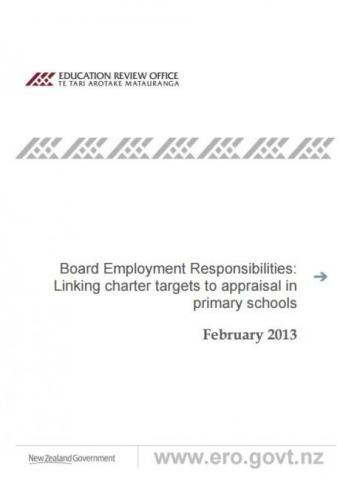Bullying Prevention and Response Guide Schools' Awareness and Use
Published: 09 Feb 2015
Children at many schools in New Zealand experience bullying. The Bullying Prevention Advisory Group, set up by the Secretary for Education, has developed a resource called Bullying prevention and response: A guide for schools.
ERO asked 129 schools reviewed during Term 3, 2014 about their use of the guide. Most schools were aware of the resource and more than a third had used it. Schools most commonly used the guide as a tool to review their bullying policies and procedures.
- Audience:
- Parents
- Schools
- Content type:
- Research
- Topics:
- Bullying






